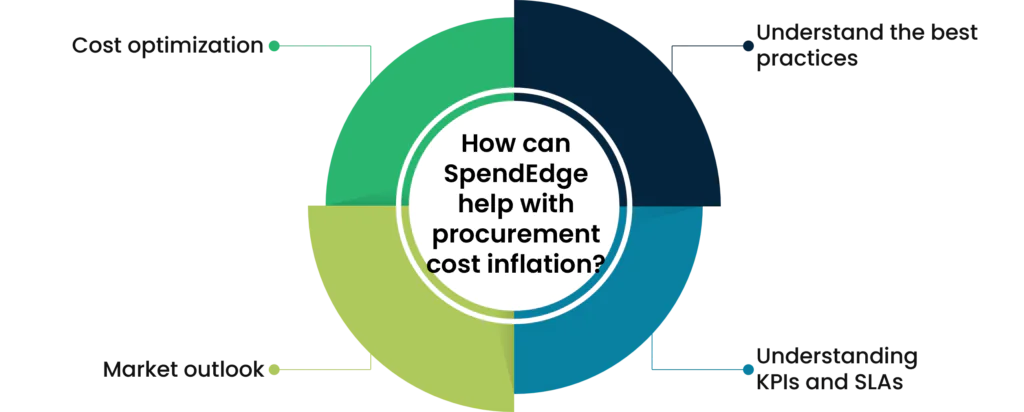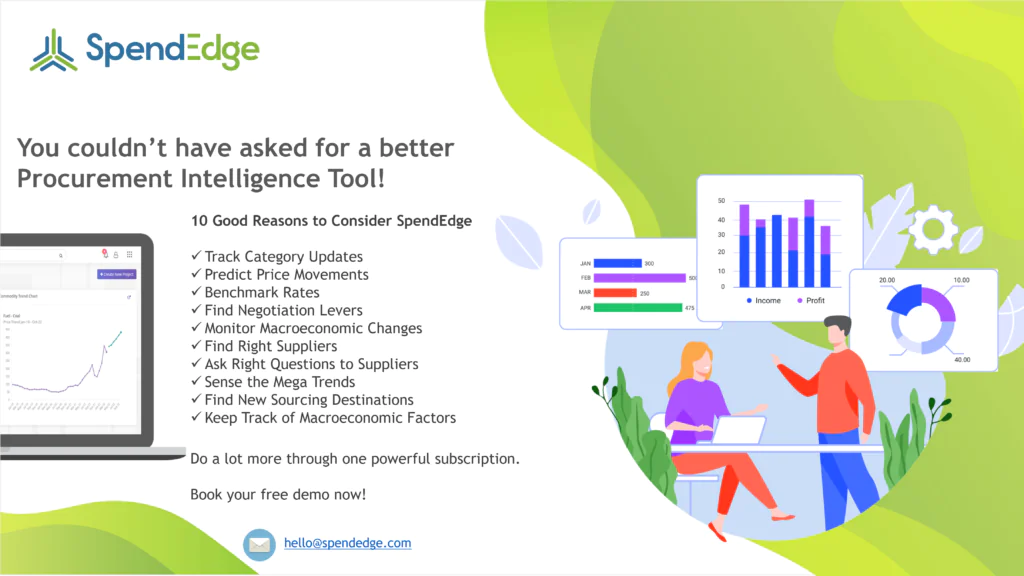By: George Mathew
Inflation refers to a consistent increase in the prices of goods and services in an economy over a prolonged period. This results in a reduction in the purchasing power of the currency, which implies that one can buy fewer goods or services with the same amount of money. As of September 2023, inflation has generally decreased. At the beginning of the year, the Headline Consumer Price Index had an annual rate of over 6%, but as of September, it has dropped to below 4%. Similarly, the Core CPI, which does not include food and energy prices, has also decreased, albeit at a slower pace throughout the year.
Around the world, rising inflation is having a significant impact on the pharmaceutical industry. The pharmaceutical market is highly regulated when it comes to the pricing of drugs, both generic as well as prescription. However, pharma companies are facing increasing pressure on drug pricing. The major reason for this increasing pricing pressure is the high rate of inflation.
Role of procurement in managing inflation in the life sciences industry
Lock in long-term pricing agreements:
In the pharmaceutical industry, procurement plays a crucial role in managing risks associated with excess capacity and potential economic downturns. Procurement teams may strategically lock in long-term pricing agreements with suppliers to secure stable costs amid market fluctuations. This helps pharmaceutical companies mitigate risks during periods of excess capacity or economic recessions, ensuring a reliable and cost-effective supply chain for essential raw materials, and contributing to overall business resilience. In addition to managing costs through long-term pricing agreements, pharmaceutical procurement also involves diversifying the supplier base to reduce dependence on a single source.
Procurement software: Increase visibility into cost drivers
Procurement in the pharmaceutical industry utilizes advanced software to enhance visibility into cost drivers. These tools enable comprehensive tracking of expenditures, streamlining processes, and identifying areas for cost optimization. By leveraging procurement software, pharmaceutical companies can analyze supplier performance, negotiate favorable contracts, and ensure compliance with regulatory standards. Increased visibility into cost drivers allows for proactive decision-making, reducing risks associated with market fluctuations or economic uncertainties. Overall, the adoption of procurement software enhances efficiency, transparency, and strategic planning, contributing to the pharmaceutical sector’s ability to manage costs effectively and maintain a resilient supply chain in a dynamic business environment.
Optimizing the use of resources and sharing best practices:
Despite ongoing supply-chain delays, shortages, and all-time high inflation rates, there are still ways for companies to optimize their spending. Pharmaceutical companies can collaborate and share best practices to optimize resource utilization across the business and focus on more than just basic spend KPIs to drive business value. In addition, they can also leverage indirect procurement as an internal crisis response resource, and look at data beyond spend analytics. By taking advantage of these opportunities, pharmaceutical companies can work towards mitigating the impacts of inflation, and keep drug costs and pricing under control.
How can SpendEdge help organizations with procurement cost inflation?

Cost optimization: reallocate resources
By leveraging advanced analytics and market intelligence from SpendEdge, companies can pinpoint expenditure hotspots. To manage costs effectively, streamline processes and allocate resources judiciously. By utilizing SpendEdge’s insights, companies can reallocate resources for optimal returns on investment, fostering innovation and efficiency. This proactive approach ensures competitiveness and agility in navigating challenges within the life sciences sector. SpendEdge’s tailored solutions empower organizations to make informed decisions, mitigate risks, and enhance overall financial performance in a rapidly evolving industry landscape.
Understand the best practices being followed by peers in your industry:
We conduct benchmarking and best practices analysis within specific industries, such as warehousing and transportation in this context. Through market research and data analytics, our experts at SpendEdge examine how your competitors and peers in the industry are managing their logistics needs and implementing cost-effective measures. This service provides actionable insights into the strategies employed by successful companies, enabling clients to optimize their own warehousing and transportation processes. By understanding industry benchmarks, organizations can enhance efficiency, reduce costs, and stay competitive. Our tailored approach ensures that clients receive targeted recommendations based on real-time market dynamics and peer performance.
Market outlook: Understanding of how the life sciences category is performing
At SpendEdge we assess the performance of the life sciences category by analyzing the intricate dynamics of demand and supply. This involves a comprehensive evaluation of various factors affecting the supply chain, such as fluctuating API (Active Pharmaceutical Ingredient) costs and rising logistics expenses. We employ advanced analytics and market intelligence to identify potential risks in the supply chain, enabling clients to proactively manage challenges. We provide real-time insights into market trends, competitor strategies, and cost drivers, empowering life sciences companies to make informed decisions, optimize their supply chains, and navigate industry uncertainties effectively.
Understanding KPIs and SLAs to measure supplier performance:
We help organizations identify and establish crucial KPIs and SLAs that are tailored to the specific needs of the client’s supply chain. By leveraging advanced analytics and market intelligence, Our experts measure supplier performance against these set standards. The analysis includes an in-depth evaluation of factors such as on-time delivery, quality compliance, and cost-effectiveness. With this information, clients can effectively manage supplier relationships, ensuring adherence to agreed-upon terms. Our service empowers organizations to make data-driven decisions, optimize supplier performance, and, if necessary, renegotiate contract terms for improved overall supply chain efficiency.
The success story of SpendEdge helping a pharmaceutical company reduce high operation costs
A European pharmaceutical company was facing increasing cost from their CRO and CMO partners and wanted SpendEdge to analyze whether the increasing costs were justified. They also wanted SpendEdge to identify whether other pharma companies were facing similar high costs.
Our SpendEdge analysts conducted a peer benchmarking analysis to investigate whether the client’s competitors were also experiencing high operational costs, particularly from their CROs and CMOs. Our analysis revealed that other pharmaceutical companies were facing similar cost increases as the client. The next step was to determine the cause of the price hike. Based on our analysis, the main contributors to the increased charges from CROs and CMOs were the rising labor costs and higher API costs. To help the client manage the higher costs and prevent steep cost increases in the future, SpendEdge analysts provided them with industry best practices and negotiation strategies when dealing with CROs and CMOs.
The client was happy with the conclusion as they said they had faced higher labor and API costs in recent months. They liked the industry’s best practices and negotiation levers and said that they would use them when they would discuss contract renewal terms with their current vendors.

Contact us now to solve your procurement problems!
Author’s Details
George Mathew
Associate Vice President, Sourcing and Procurement Intelligence
George is a procurement specialist at Infiniti Research and provides advisory services to clients across the pharmaceutical, CPG & FMCG, energy, and automotive sectors. He specializes in the procurement areas of industry benchmarking, cost modeling, rate card benchmarking, negotiation advisory, and supplier intelligence.




